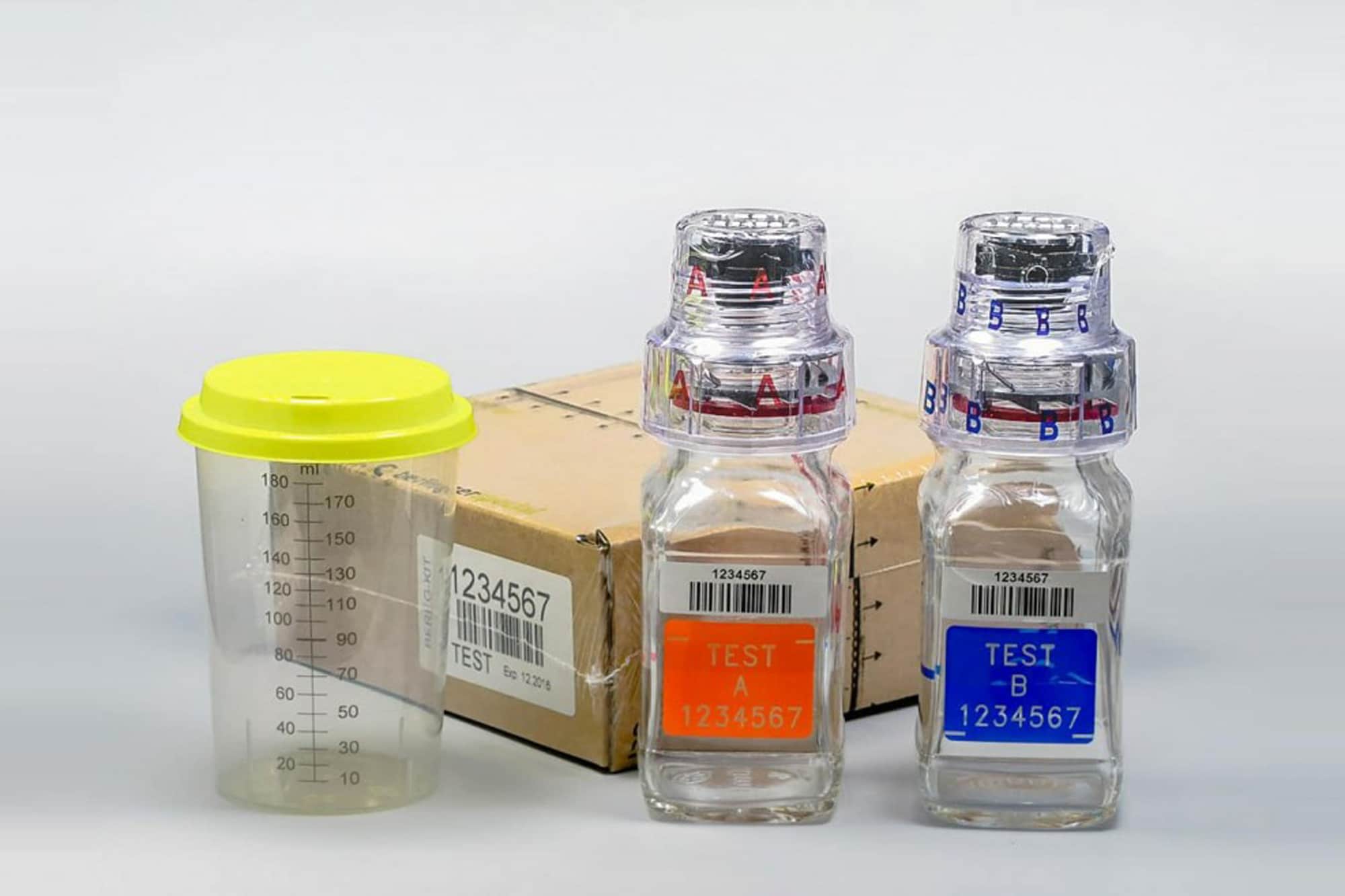By Jorden Curran
Since 2015 the IMMAF anti-doping policy and programme has operated in compliance with the World Anti-Doping (WADA) Code and its associated International Standards. Anti-Doping Rules and Procedures exist to protect the rights of Mixed Martial Arts athletes to participate in a safe and fair sport, free of doping.
From the direction set by IMMAF as the international umbrella body, these same high standards are encouraged for all IMMAF Members, to enact and achieve through WADA adherent authorities at their own domestic level.
As a founding nation of IMMAF, Sweden – represented by the Swedish MMA Federation (SMMAF) – remains a world leader in anti-doping practices at the elite level of amateur MMA. Through its government recognition for MMA, the SMMAF enjoys affiliation with the Swedish Sports Confederation (RF), and as a result, the nation’s amateur MMA standouts are subject to extensive WADA adherent anti-doping under national governance.
“I still have to let them know my whereabouts every day,” former IMMAF world champion Cornelia Holm explained, “just like the UFC fighters have to report to USADA. It’s probably the same app, so they show up without notice 4-5 times at least per year at my house to take blood and urine.”
Embed video: https://www.youtube.com/watch?v=sWhudwnE3Fg&list=PL633E917A180BA91F&t=92s
Cornelia Holm first qualified for Sweden’s national MMA team in 2015 and represented her country on the IMMAF stage until 2017, winning gold medals at the IMMAF World Championships and European Open before turning pro.
Holm added, “It’s the RF that picks the athletes, it’s every athlete that’s in a national sports team and has taken medals on big championships that has to submit their whereabouts etc.”
Swedish heavyweight standout Irman Smajic is among the all-time most decorated IMMAF contenders, the multiple time IMMAF World and European Open gold medallist detailed the extensive testing that he encountered through national authorities in addition to IMMAF testing at championships.
He explained, “I reported one hour every day [via the app] when I am at home, I reported what gym I was at also. I was tested maybe 15 to 20 times, both after fights and out-of-competition, like when we had national team meetings but also when I was at home and even at my job, and if I was away from home I reported the address where I was.”
In 2021 IMMAF introduced the Anti-Doping Athletes Act with the purpose of ensuring that athlete rights within Anti-Doping are clearly set out, accessible and universally applicable. Smajic spearheaded the voice of athletes within the new policy, as chairman of the IMMAF Athletes Commission.

